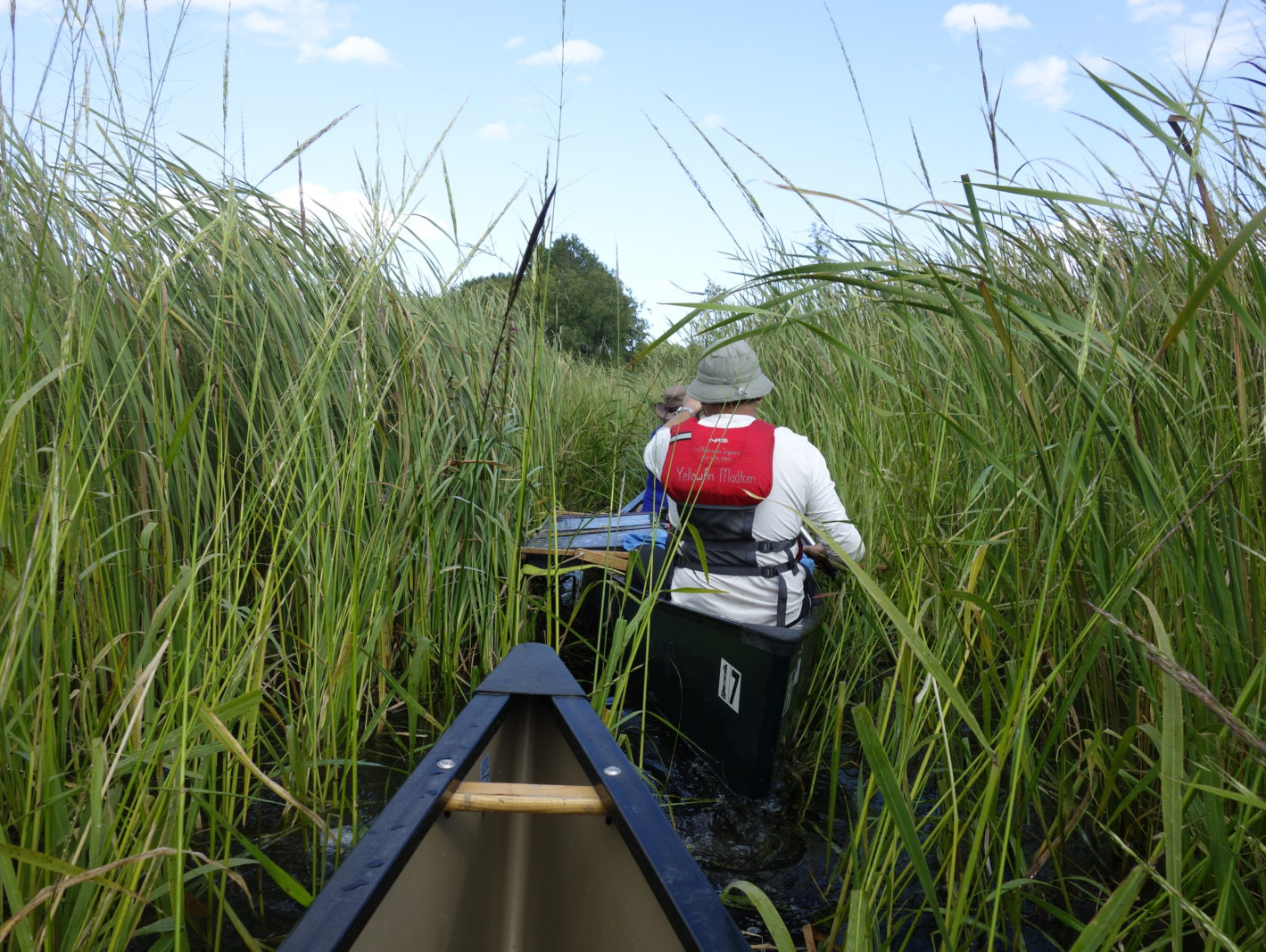
With the intensity and frequency of social and environmental crises, out of necessity frontline communities have responded with strategies that have been variously reparative, creative, visionary, and emergent. Frontline communities have developed sophisticated analyses of their condition in order to imagine wide ranging responses. As crises continue to spread to communities and places unaccustomed to them, frontline communities have knowledge to impart.
Too often community engagement on college and university campuses operate within a troubling spatial model of their relationship: we send students off to work with communities in order to learn about their experiences and activities. Students return to campus and find “refuge” in the comforts and safety of campus life. This contributes to a real and imagined separation from the communities with which they work, reifying a distinction between colleges (as inside) and communities (as outside). The problems that frontline communities face are not particular to their condition, but exist everywhere. Or worse, it has been argued that colleges and universities contribute to them with their role in reproducing the class separation that structures social and economic inequalities.
In reflecting on the university's failings, deconstructive critics have called for an abolition of the university in its current form so as to invert the relationship between the university and its outside. This sees the problem in two dimensions: inside / outside, refuge / frontline, professional / unprofessional, university / undercommons. Short of abolition, can we think of ways to throw open the university so as to transform it into a pedagogical environment that is open to the frontline communities that possess invaluable knowledge? How can colleges and universities support frontline communities so they can continue their necessary work? How might we create opportunities for students to responsibly learn from and with frontline communities without overburdening them?
This project proposes an alternative spatial model might be instructive in reorienting the way in which we think about the relationship between colleges and universities and frontline communities. If we evert the university, that is, turn it inside-out, the university can become an open platform for public engagement. What was exclusive to the inside can be offered to the outside. Resources that are accessible to students on campuses (including funding, meeting spaces, expertise, training, libraries, etc.) can be made available to communities as well. This poses a variegated way to respond with novel strategies for engagement. The college can become part of a network of welcoming centers for social, material, and intellectual exchange and learning. Learning can happen on college campuses and the front porches of frontline communities. Refuge is important, but not when it is an exclusive clubhouse. This is one way in which we mean “open school” here.
Going further, with “open,” we hope to expand the network of relations and temporalities that define where and how learning and action take place. Like the flow of water and sediment that surround and connect us, this network should be open to the expansive terrain of the Mississippi River and its watershed, from the river’s headwaters to the Gulf. It should span frontline communities, colleges and universities, non-profits, activists and others. The network should be responsive to alternative temporalities for learning and action by drawing cues from seasons, cycles, continuity and change that structure our lived experience of the river and the environment. Though the focus of our activities is the Mississippi River basin, we are simultaneously connected to a global network of partners stemming from our work with the Anthropocene Curriculum.